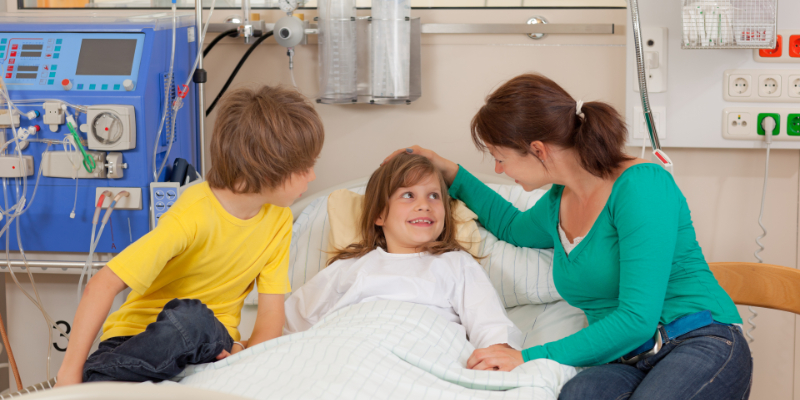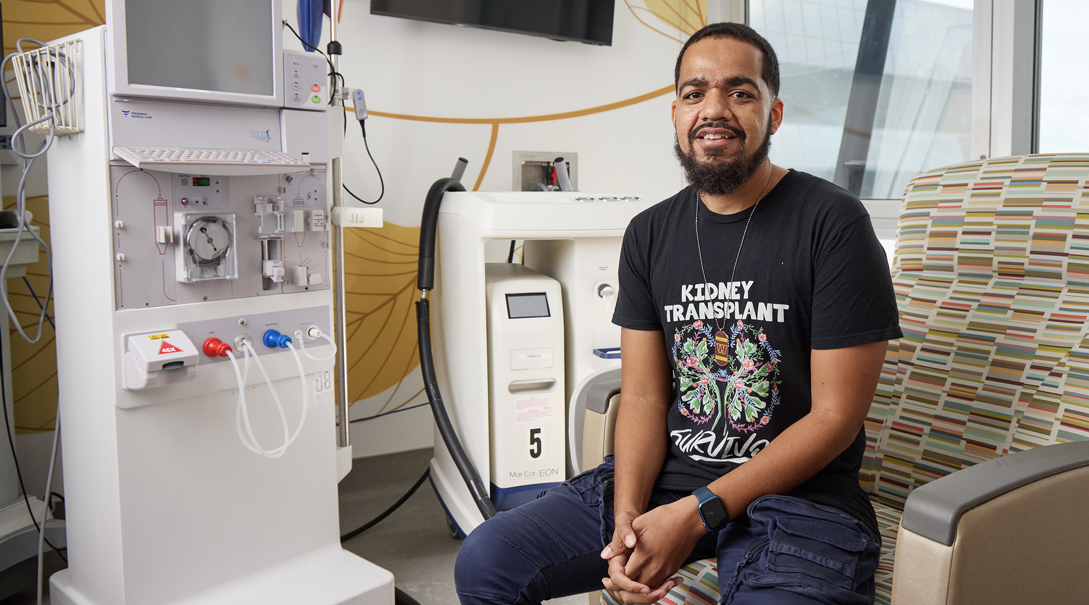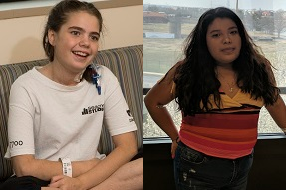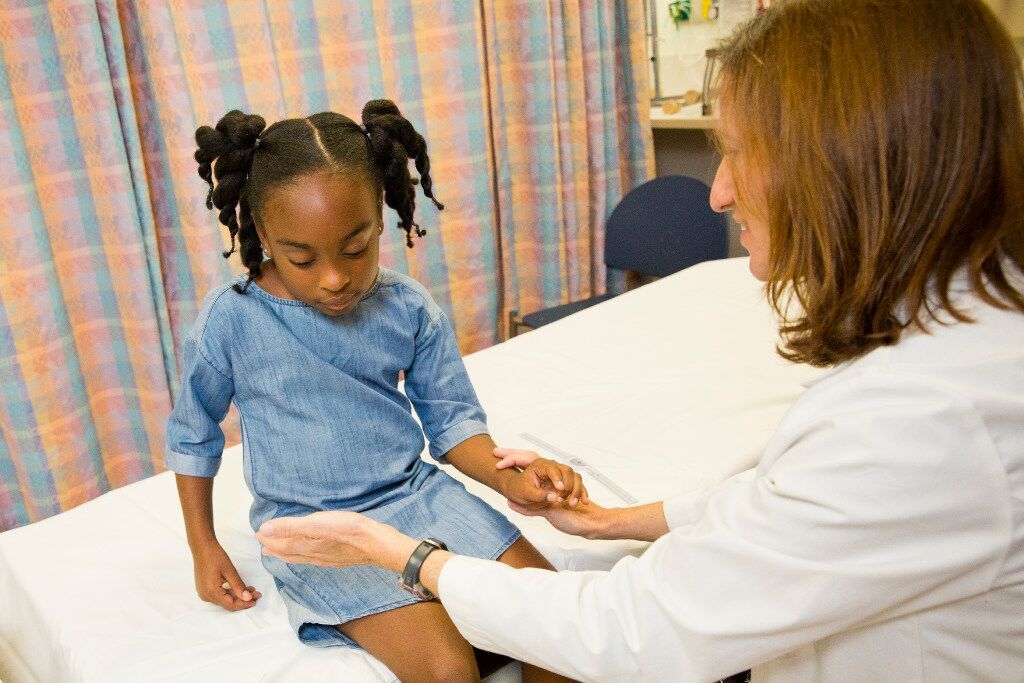Most children with kidney disease see both a pediatrician or family healthcare provider and a nephrologist. A nephrologist is a healthcare provider with special training to treat kidney problems.
Treatment will depend on your child’s symptoms, age and general health. It will also depend on how severe the condition is. It also depends what kind of kidney disease your child has.
Treatment of acute kidney disease depends on what is causing it. Treatment may include:
- A hospital stay
- IV (intravenous) fluids in large amounts to replace fluid loss
- Medicines called diuretics to increase the amount of urine made
- Close watching of blood salts (electrolytes) such as potassium, sodium and calcium
- Medicines to control blood pressure
- Changes to diet (see below)
Treatment of chronic kidney disease depends on how well the kidney is still working. Treatment may include:
- Medicines to help with growth, prevent loss of bone density, treat anemia, or a combination of these
- Medicines called diuretics to increase the amount of urine made
- Changes to diet (see below)
- Dialysis (see below)
- Surgery to remove a damaged kidney and replace it with a healthy one (kidney transplant)
Your child may need to make changes to his or her diet. Your child may need to limit:
- Protein. Protein is vital for proper growth and nutrition. But the kidneys may not be able to get rid of the waste products that come from eating too much protein. Your child's healthcare provider will talk with you about how much protein your child needs.
- Potassium. Potassium is an important nutrient. But when the kidneys don’t work well, too much potassium can build up in the blood. Potassium comes from certain foods. Your child may need to limit or not eat foods with a lot of potassium.
- Phosphorus. The kidneys help remove extra phosphorus from the body. If the kidneys are not working well, too much phosphorus builds up in the bloodstream and can cause calcium to leave the bones. This can make your child's bones weak and easy to break. Your child may need to limit foods with phosphorus.
- Sodium. A low-sodium diet can help prevent or reduce fluid retention in your child's body. Your healthcare provider will talk with you about the amount of sodium allowed in your child's diet.
In some cases, a child may develop severe problems with electrolytes. This may cause dangerous levels of waste products in the blood that are normally removed by the kidneys. A child may also develop fluid overload. A child may need dialysis in these cases.
Dialysis is a procedure that filters waste and extra fluid from the blood. This is normally done by the kidneys. There are two types of dialysis.
Peritoneal Dialysis
This can be done at home. This method uses the lining of the belly (abdominal) cavity to filter the blood. This cavity is the space that holds organs such as the stomach, intestines and liver. The lining is called the peritoneum.
First, a surgeon places a thin, flexible tube (catheter) into your child’s belly. After the tube is placed, a sterile cleansing fluid (dialysate) is put through the catheter into the peritoneal cavity. The fluid is left in the belly for a period of time. This fluid absorbs the waste products through the peritoneum. The fluid is then drained from the belly, measured, and discarded. This process of filling and draining fluid is called an exchange.
Hemodialysis
This is done in a dialysis center or hospital by healthcare providers. A special type of access, called an arteriovenous (AV) fistula, is placed during a small surgery. This fistula is an artery and a vein that are joined together. It is usually done in your child's arm. An external IV (intravenous) catheter may also be inserted. This is less common for long-term dialysis.
Your child will then be connected to a large hemodialysis machine. Blood is pumped through a tube into the machine to filter out the wastes and extra fluid. The filtered blood then flows through another tube back into your child's body. Hemodialysis is usually done several times a week. Each session lasts for four to five hours. It may be helpful to bring games or reading materials for your child to keep him or her stay busy during this procedure.
Talk with your child’s healthcare providers about the risks, benefits and possible side effects of all treatments.











